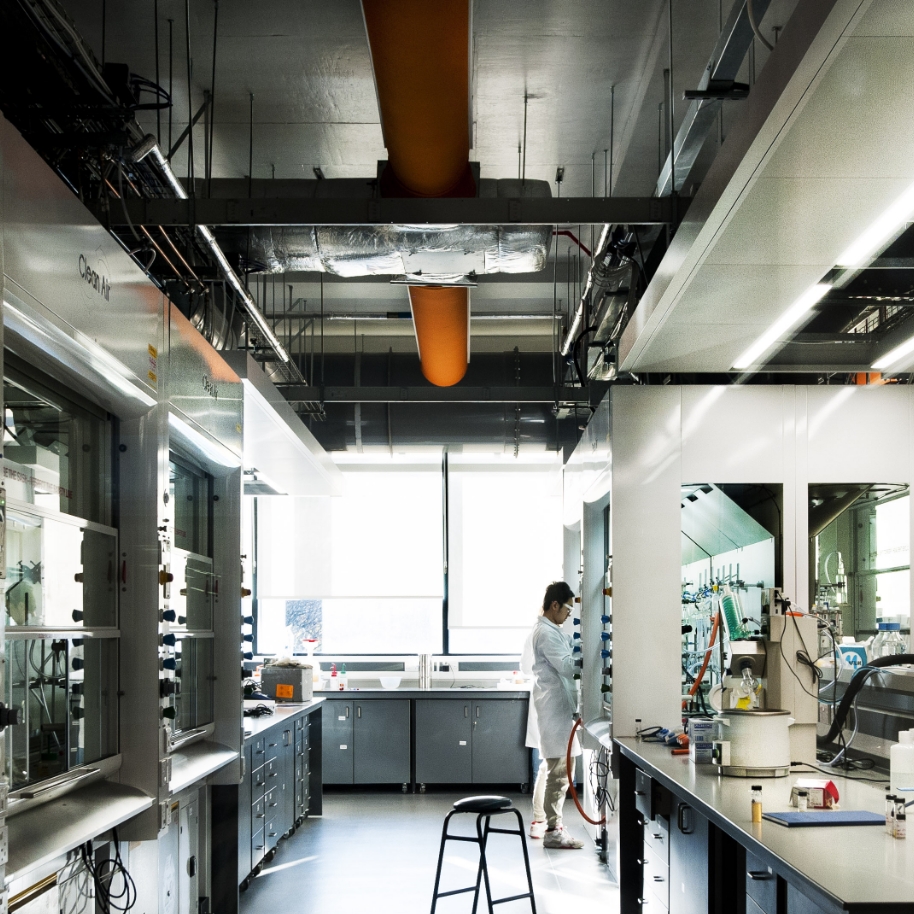The majority of chemicals currently used in consumer products (such as shampoo & laundry liquids) are derived from virgin petrochemicals, many are not biodegradable. Unilever has a strategic target to replace its current formulation ingredients with non-petroleum sourced materials designed for environmental degradation. Currently, its suppliers cannot supply this type of material in sufficient quantity. This Prosperity Partnership will address this, through its ambitious vision to co-create the science base for a radically transformed sustainable consumer products materials platform in a Net-Zero world.
The project has four tightly integrated technical work-packages. They will deliver a versatile suite of catalyst materials for sustainable production of surfactants, monomers, and polymers from waste, new tools for measuring and predicting polymer bio-degradability, state-of-the-art predictive digital methods, and high-throughput lab techniques. A dedicated work-package will undertake a detailed consideration of the wider social, ecological and economic consequences of the science programme, and how the outputs of the chemistry research can be translated into a wider Innovation Ecosystem.


